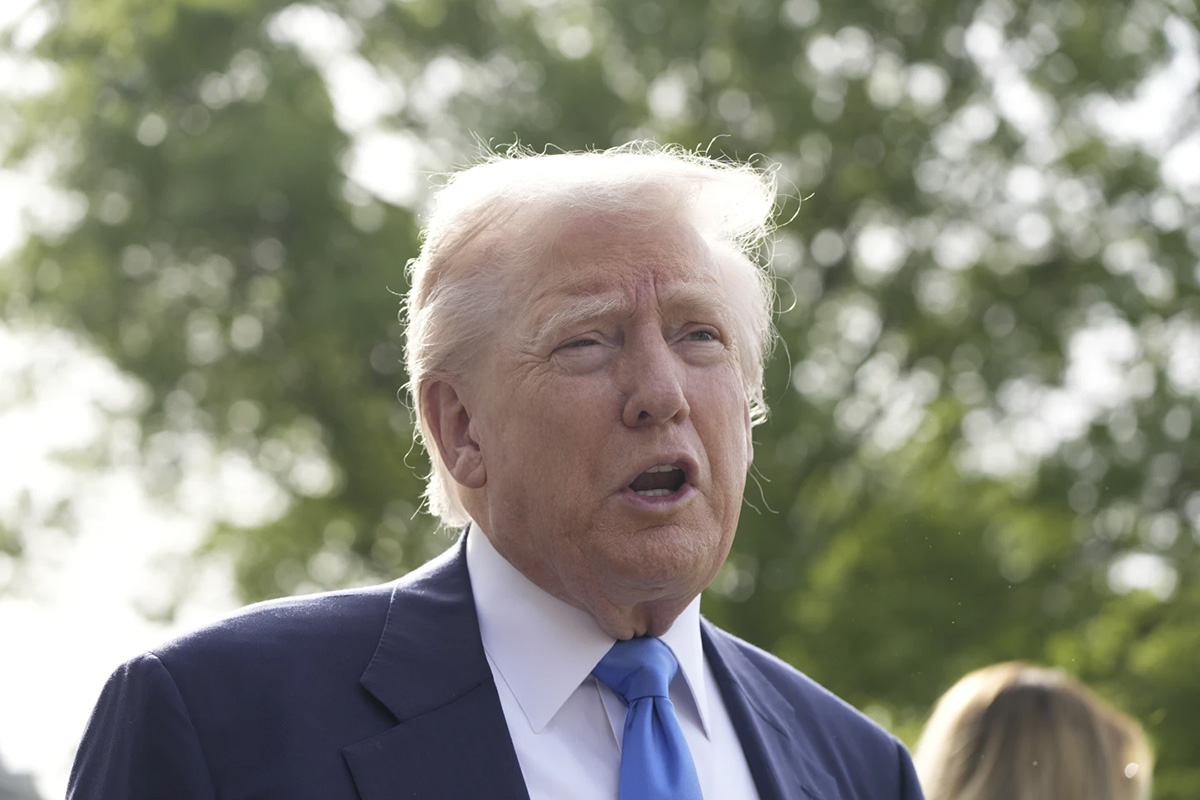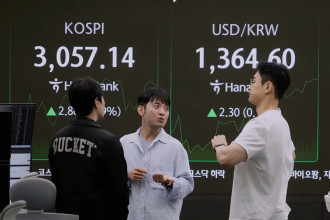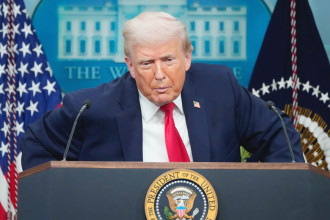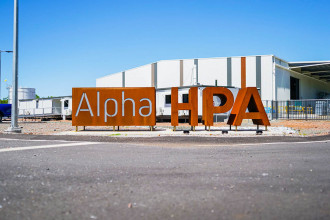
WASHINGTON: US President Donald Trump said on Tuesday that he had struck a trade pact with Indonesia resulting in significant purchase commitments from the Southeast Asian country, following negotiations aimed at averting steeper tariffs.
Indonesian goods entering the United States would face a 19% tariff, Trump said in a post on his Truth Social platform—substantially below the previously threatened 32% rate.
"As part of the agreement, Indonesia has committed to purchasing $15 billion in US energy, $4.5 billion in American agricultural products, and 50 Boeing jets, many of them 777s," Trump wrote.
Shares in Boeing closed 0.2% lower following the announcement.
The Trump administration has faced pressure to conclude trade pacts after promising a flurry of deals, as countries pursued talks with Washington to avoid the president’s tariff measures.
Thus far, Trump has only announced deals with Britain and Vietnam, along with a temporary reduction in tit-for-tat tariffs with China.
Last week, Trump reiterated his threat of a 32% tariff on Indonesian goods, stating in a letter to the country’s leadership that it would take effect on 1 August.
It remains unclear when the revised 19% tariff will be implemented, or over what period Indonesia’s purchase commitments will be fulfilled.
Trump said via social media that under the deal—finalised after speaking with Indonesian President Prabowo Subianto—goods transshipped to avoid higher duties would face steeper levies.
He separately told reporters that further agreements were in progress, including with India, while negotiations with the European Union continue.
Indonesian presidential spokesman Hasan Nasbi described the deal on Wednesday as "progress that cannot be called small".
"This is an extraordinary negotiation conducted directly by our President with President Donald Trump," he said, confirming the new 19% rate.
Nasbi told AFP that Prabowo would deliver a statement about the pact later on Wednesday after returning from a visit to Europe.
Former Indonesian vice minister for foreign affairs, Dino Patti Djalal, told a Foreign Policy event on Tuesday that government insiders expressed satisfaction with the agreement.
Tariff campaign
In April, Trump imposed a 10% tariff on nearly all trading partners, with plans to raise this rate across dozens of economies, including the EU and Indonesia.
However, days before the higher duties—customised to each economy—were due to take effect, the deadline was postponed from July 9 to August 1. This was the second delay to the steeper levies.
Since early last week, Trump has issued letters to partner countries outlining the tariff levels that will apply from August.
So far, more than 20 such letters have been sent—including to the EU, Japan, South Korea and Malaysia.
Canada and Mexico, which were not originally targeted in Trump’s “reciprocal” tariff campaign, also received similar documents detailing updated rates. Existing exemptions under the North American trade pact are expected to remain, a US official said.
Trump’s blanket tariffs aim to address what his administration regards as unfair trading practices harming US businesses.
However, analysts have cautioned that without accompanying trade deals, the American public may perceive Trump’s strategy to reform global commerce as unsuccessful.
"In the public's mind, the tariffs are the pain, and the agreements will be the gain. If there are no agreements, people will conclude his strategy was flawed," said William Reinsch, senior adviser at the Centre for Strategic and International Studies, speaking to AFP.
By RSS/AFP





